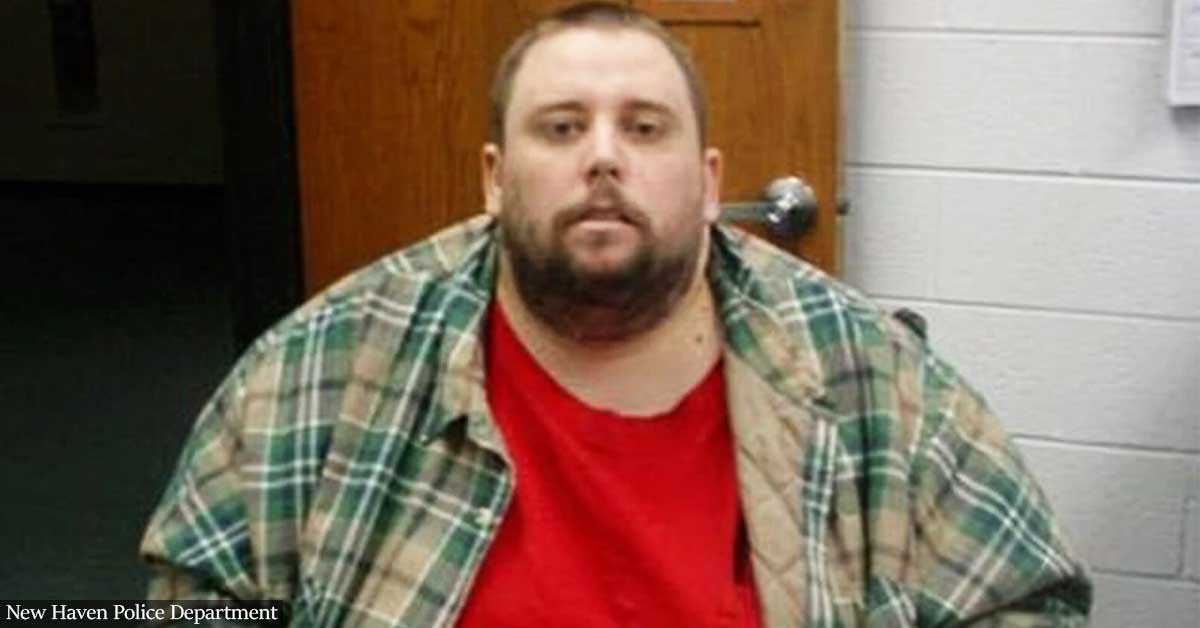A man from New Haven, Connecticut who pleaded guilty to a number of hoaxes in 2020, including sending a letter containing white powder threatening to kill former President Donald Trump, was just sentenced to 9 years behind bars.
Gary Joseph Gravelle, 53, admitted his guilt to 7 charges of threats he made in 2018, according to John H. Durham, the US attorney in Connecticut.
Back in September of 2018, the man sent a threatening letter to Trump which contained a white powder that Gravelle said was anthrax, according to the New York Times. He also threatened federal probation officers, mental health providers, and a credit union, as well as threats to blow up planes and property at the Burlington International Airport in Vermont.
Judge Kari A. Dooley of the U.S. District Court in Bridgeport gave Gravelle a sentence of more than 7 years in jail for the threats he made back in 2018 and another 2 years for violating the conditions of his release.
The accused has been locked up since September 8 of 2018 and had previously been imprisoned for sending threats in 2010 as per Mr. Duham’s office.
It has not yet been determined where the man, who has a history of mental illness, will serve his prison time.
At the moment, Gravelle is in the Donald W. Wyatt Detention Facility in Rhode Island, where, according to his lawyer, Joseph Patten Brown, he is receiving medical treatment but is not seeing a therapist on a regular basis. Whether he will serve his sentence there, or at a hospital remains unclear.
His attorney would prefer the second option.
In an interview, Mr. Brown said:
“People like Gary are now just housed in jails instead of places where they can at least get some treatment.”
Connecticut Resident Admits Making Numerous Hoax Threats: Gary Joseph Gravelle pleaded guilty to charges related to threatening to kill, injure, and intimidate people and explode property in Connecticut and elsewhere. https://t.co/7opdb1poSN
— FBI New Haven (@FBINewHaven) January 9, 2020
Mr. Brown wrote to the court that Gravelle was “a sick man” who had “no intent to follow through” on his threats “or seeming ability to do so.”
The man targeted people “with no seeming pattern” with regard to ideology, race or creed, Mr. Brown wrote in his memo. His client “has no agenda other than a misguided cry for help.”
Prosecutors have acknowledged that the accused has a history of mental illness but said his actions had deeply affected those they were aimed at.
His threats “disrupted the daily lives of many and no doubt seriously frightened their recipients,” prosecutors wrote.
The victims, prosecutors wrote,
“had no role in creating any of the defendant’s problems but are forced to bear the brunt of them nonetheless.”




